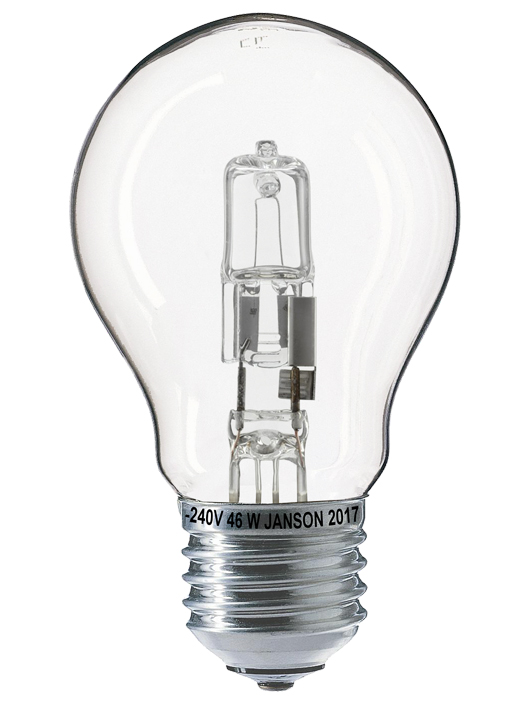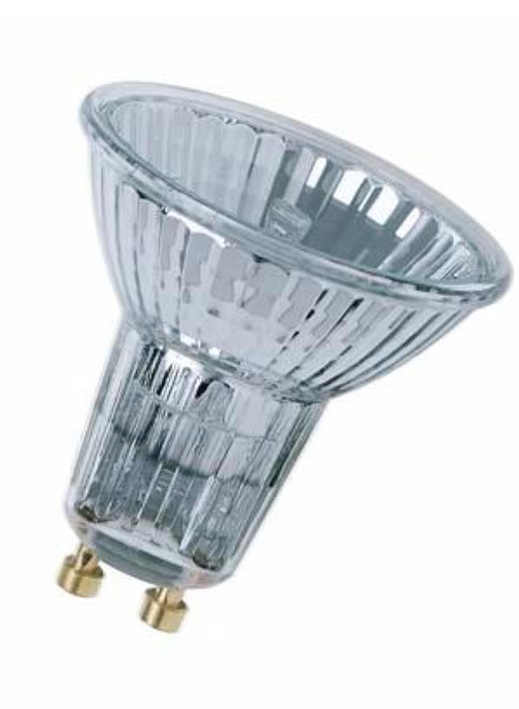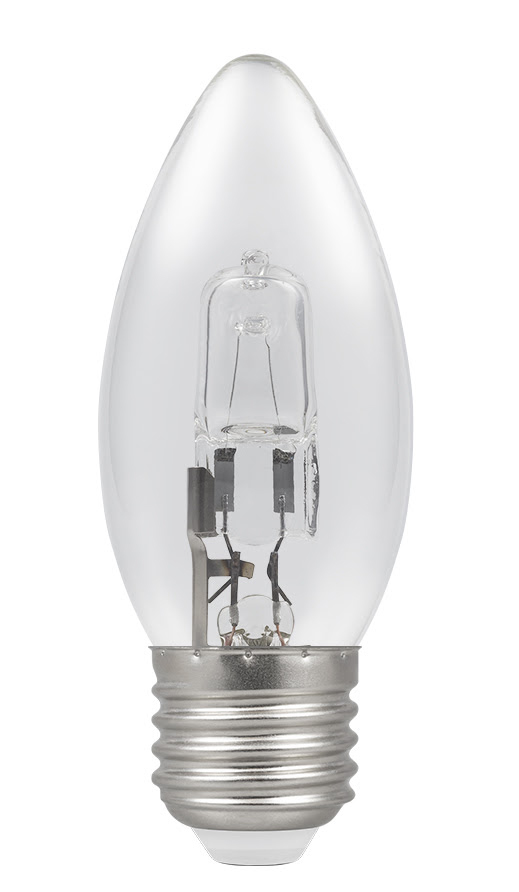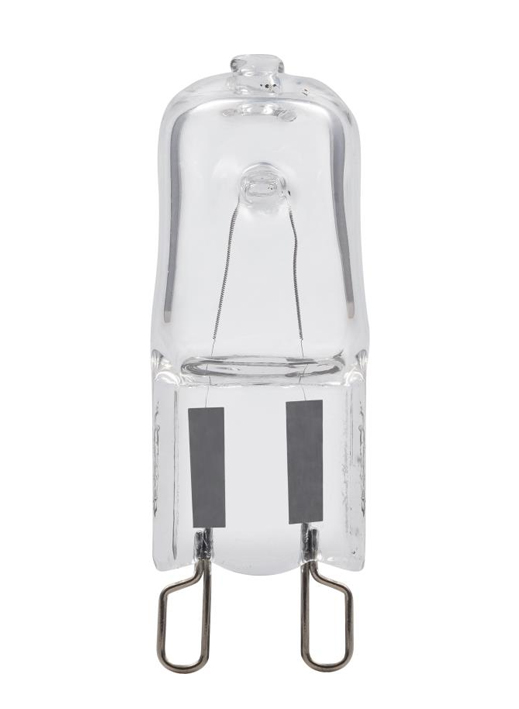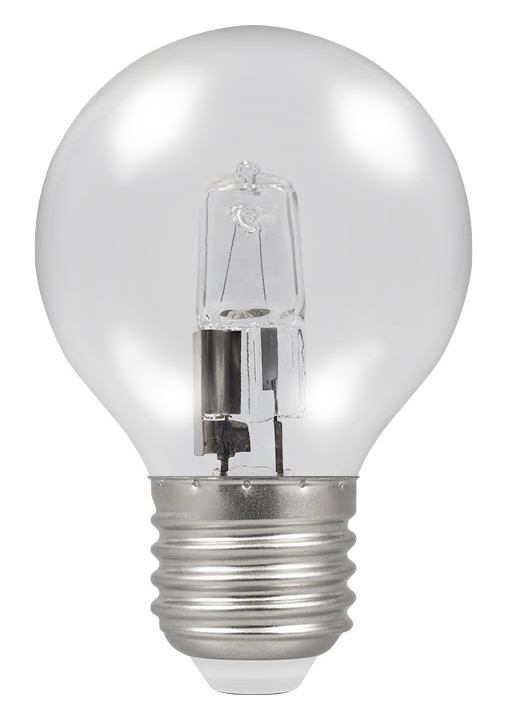
From the 1st of September 2018, the European Union will introduce a Halogen ban that will restrict the production and sales of halogen lamps in EU countries. The decision comes as part of sixth stage of the EU’s ErP (Energy relation product) Regulation, which bans the manufacture and import of most types of gas-based lamps.
In 2009 incandescents were the first to go and now its the time for Halogen bulbs. The Halogen ban will seize the production and distribution of halogen bulbs to EU countries, and whilst companies will still able be permitted to sell existing halogen stocks they will be banned from ordering more.
For anyone who still has halogen lamps in their homes you will not have to remove them on the 1st of September. You can choose to replace them when they eventually die rather than replace them now.
What effect will the Halogen ban have?
The ban is a significant leap forward towards a lower energy future and will lead to reduced energy costs for consumers in the long term. The move away from inefficient halogen technology towards more efficient lighting solutions will reduce Europe’s carbon foot by 15.2 million tonnes by 2025 and cut the annual household energy bill by as much as £100.
An LED future…
The halogen ban will undoubtedly pave the way for an LED revolution across Europe. Significant technological advancements in LED lighting allows for 90% less energy to be used by a single lamp when compared to a halogen alternative. Over the 25 year lifespan of an average LED lamp, which is more than 15 years longer than the average halogen lamp, a consumer can save as much as £2500 on their domestic energy bill. Want more information on LED technology? Read our ultimate guide to lamps.
Which type of lamps will be banned?
From the 1st of September non-directional halogen lamps will be phased out of EU countries. This includes GLS, candle and round lamps, as well as G4, R7 and G9 halogen lamps. This phase out of halogen lamps was intended to be implemented in 2016, but a backlash from the industry over inefficient LED technology that would not have been able to provide a credible alternative prevented the EU’s decision. In 2016 the EU introduced a manufacture and import ban on directional halogen GU10 lamps and other popular types such as E27 and B22 caps.
